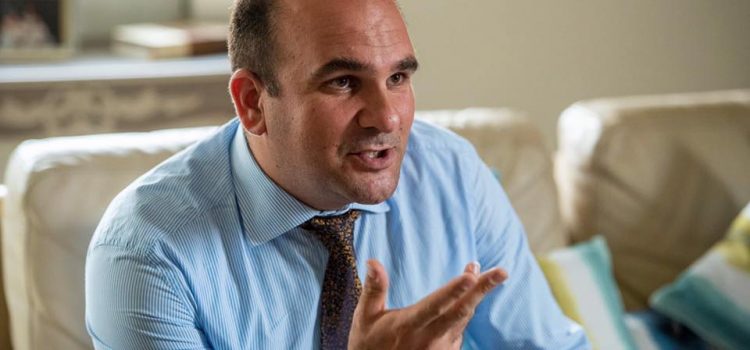When Malta passed Bill 55 in 2023, few anticipated that it would ignite one of the European Union’s most sensitive legal debates. Formerly known as the Gaming (Amendment) Act of Malta, the law was intended to protect the country’s licenced operators from certain foreign lawsuits.
But for the EU, the new legislation has triggered debates on how the bloc balances cross-border justice with the rights of Member States to protect strategic industries. Speaking to SiGMA World, MEP Peter Agius argued that the European Commission’s long-standing choice to refrain from regulating gaming has left a regulatory void. “We’ve ended up with a jungle,” Agius said. “Every Member State has its own laws, its own regimes, its own licencing systems.”
Since the European Commission stepped back from comprehensive gaming regulation, national regimes have diverged. This includes not only licencing and enforcement models, but also how courts treat cross-border disputes.
Understanding Bill 55
Bill 55 introduced a new clause, Article 56A. This amendment allowed Maltese courts to refuse recognition or enforcement of foreign judgments against Malta-licenced operators if those judgments weaken Malta’s legal framework and apply to activity that was lawful under Maltese law.
The Malta Gaming Authority (MGA) stresses that the law does not create new rights but clarifies how the existing public policy exception under EU Regulation 1215/2012 (Brussels I bis) should be followed in the gaming sector. This approach has been framed as essential to protect regulatory certainty for licenced operators serving cross-border markets from Malta.
EU’s response to Maltese regulations
As a result, in June 2025, the European Commission launched infringement proceedings against Malta, arguing that Bill 55 breaches EU rules on mutual recognition of judgments under Regulation 1215/2012.
Agius admits the Commission may have a legal case on the recognition point but contends that the root problem lies in the Commission’s withdrawal from gaming oversight. “This became no longer a gaming issue, but one about the recognition of judgments, which is a cornerstone of EU law,” he said.
Courts in Germany, Austria, and the Netherlands have previously awarded damages to players who claimed Malta-based services were illegal under local law, and critics argue Bill 55 denies them the right to enforce those rulings.
Treaty principles and proportionality
Agius frames the dispute as a clash of treaty values: the free movement of services and capital, and the proportionality principle that governs how far Member States may restrict cross-border rights.
“Member states can restrict gaming on grounds like public security or morality, but those restrictions must be proportionate — and many are clearly not,” he said.
Agius also stresses third-party litigation funding (TPLF) as a growing factor in cross-border gambling claims, warning it risks encouraging speculative lawsuits and undermining legal certainty across the EU.
Calling on Malta to return to ‘EU principles’
Agius argues that Malta’s licencing framework and integrity measures place it in a strong position to bridge national and EU interests. And so, Malta must move ahead to engage constructively with the Commission during the infringement process, ensuring Bill 55 is applied only in strictly defined circumstances, and to champion EU-level discussion on harmonising rules that indirectly affect gaming.
“The only way forward is to return to the EU principles of free movement and proportionality. Gaming is still subject to the treaty,” Agius said.
He suggests the EU could explore minimum standards on areas like responsible advertising, anti-addiction measures, protection of minors, and data protection, even if it does not directly regulate gaming services.
“We are expecting Maltese operators to pay for losses suffered elsewhere,” Agius said, “just because some courts are sympathetic to protecting their own jurisdiction.” He insists this is not just Malta’s issue, but Europe’s — and that the choices made now will pave the way for the architecture of the EU single market.
While Agius does not foresee these issues spilling beyond the gaming sector at present, he emphasises that Malta’s industry must continue to demonstrate resilience and innovation, upholding the highest standards of player protection and integrity to remain a global benchmark for excellence.










